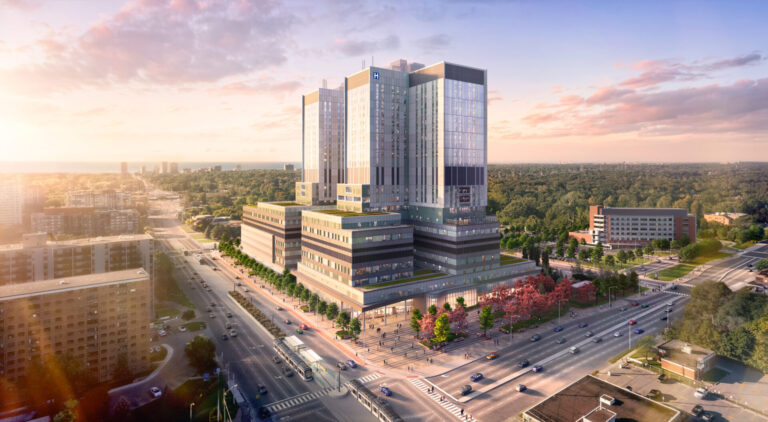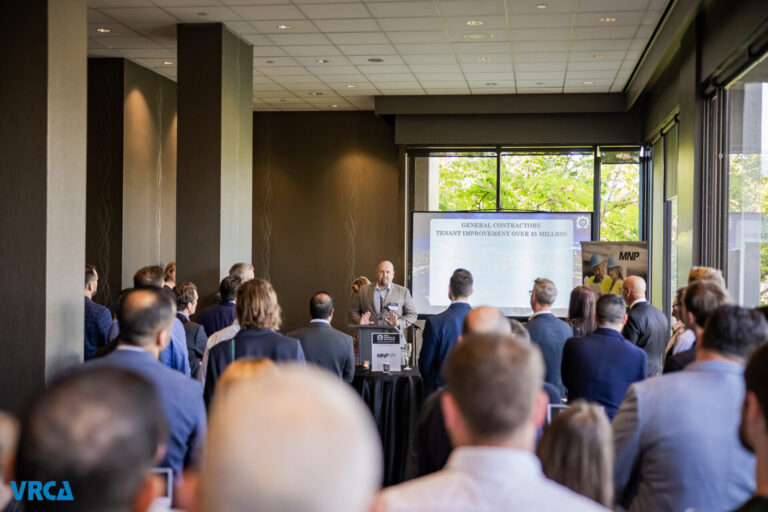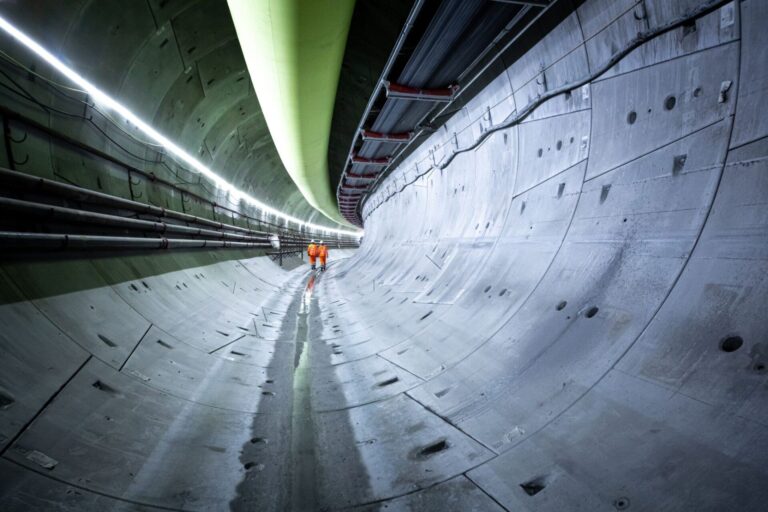The World Green Building Council (WorldGBC) announced an update to the Net Zero Carbon Buildings Commitment, expanding its scope to recognize enhanced leadership action in tackling embodied carbon emissions from the building and construction sector.
To accompany the Commitment update and its reduction-first approach to decarbonisation, WorldGBC has also published Advancing Net Zero Whole Life Carbon: Offsetting Residual Emissions from the Building and Construction Sector, providing guidance for how the sector should compensate for its total carbon impacts.
“The update to the WorldGBC’s Net Zero Carbon Buildings Commitment elevates the ambition for the building and construction sector to go further and faster to decarbonize,” said Cristina Gamboa, CEO of the World Green Building Council. “It sets a target for compensating for emissions associated with buildings and construction, and the tangible social and environmental co-benefits of this approach creates a powerful catalyst towards achieving the Paris Agreement goals and the Sustainable Development Goals. Achieving our vision of sustainable buildings for everyone, everywhere means acting now to tackle upfront carbon, whilst planning with whole life carbon in mind.”
The built environment is responsible for almost 40 per cent of global carbon emissions, with 10 per cent from embodied carbon from materials and construction processes.
To limit warming to no more than 1.5°C as set out in the Paris Agreement, the #BuildingToCOP26 Coalition has called for emissions from buildings globally to be halved by 2030, and to reach net zero life-cycle emissions for all buildings by no later than 2050.
New requirements for the Net Zero Carbon Buildings Commitment
In addition to the Commitment requiring all building assets within direct control to account for all operational carbon emissions (released from the energy used to heat, light, cool and power them) by 2030, from 1st January 2023 businesses and organisations will also be required to:
- Account for whole lifecycle impact of all new buildings and major renovations by mandating they are built to be highly efficient, powered by renewables, with maximum reductions in embodied carbon and compensation of all residual upfront emissions.
- Track and report business activities that influence the indirect reduction of whole life carbon emissions.
- This ambitious step is expected to drive similar levels of action from the sector as reported in the recently released Advancing Net Zero Status Report 2021, which highlights how signatories are embedding the Commitment requirements into their business operations, and help the sector advance its decarbonisation goals.
“Bold action is vital to limit the worst effects of climate breakdown—and that’s why the Net Zero Carbon Buildings Commitment from the WorldGBC is so important,” said Alberto Carrillo Pineda, managing director and co-founder of the Science Based Targets initiative. “This leadership sets the direction for the building and construction industry. Considering the state of the climate emergency, we are calling on all world leaders, businesses and individuals to take urgent action to decarbonise the built environment at the pace and scale required by science.”
Featured image: Photo by Danist Soh on Unsplash











